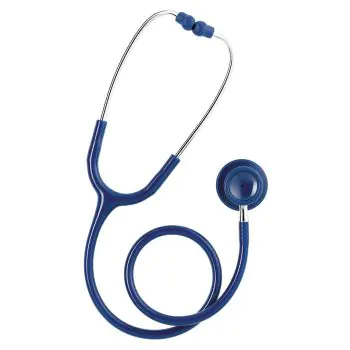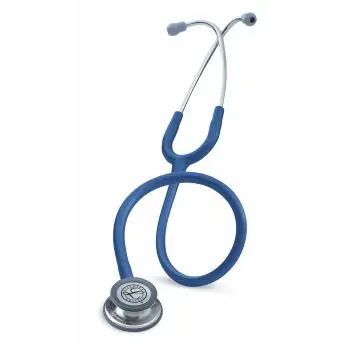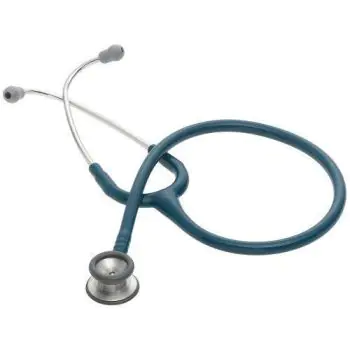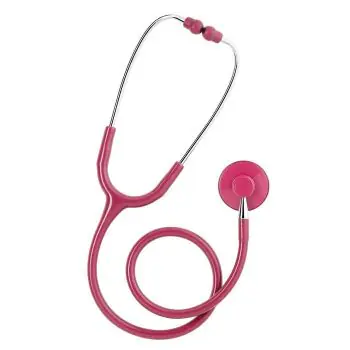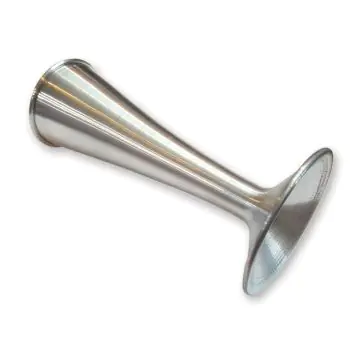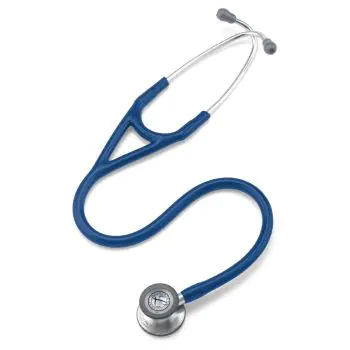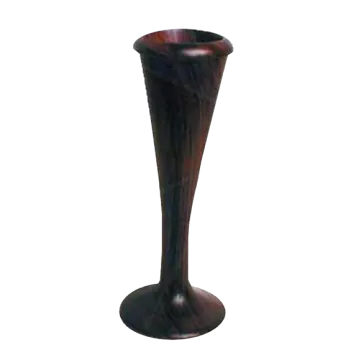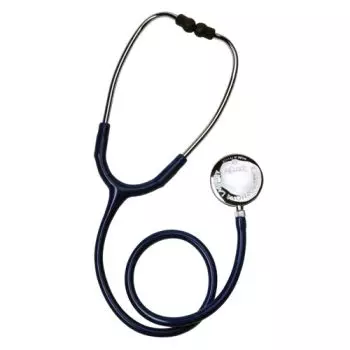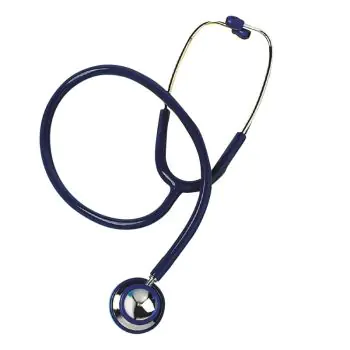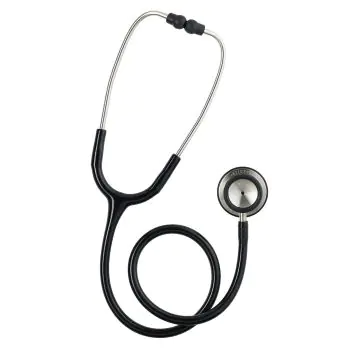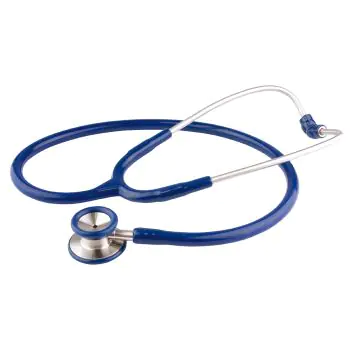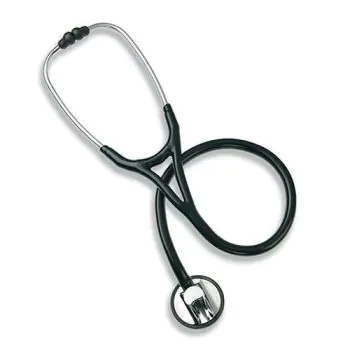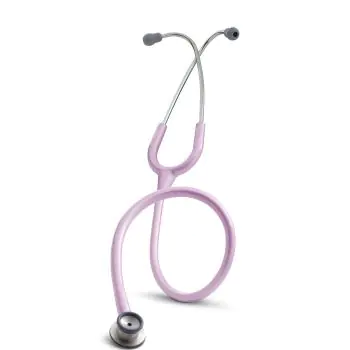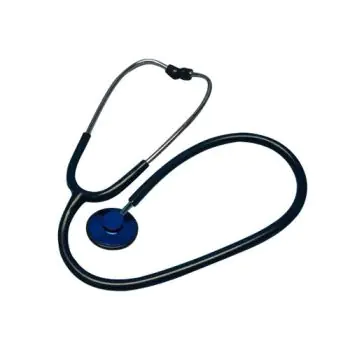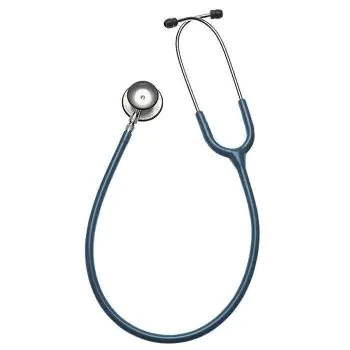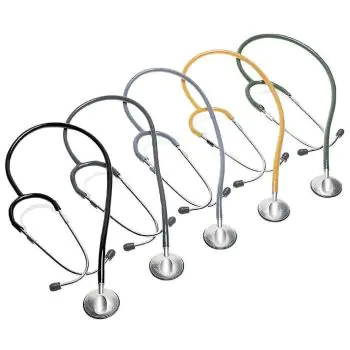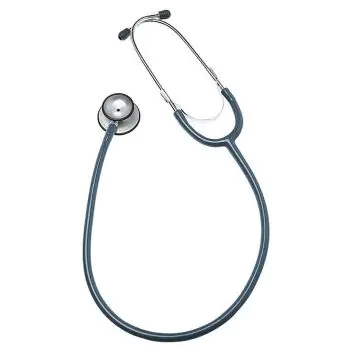Stethoscope
-
Availability : In stock.
Special Price £40.68 incl. VAT Regular Price £47.86 incl. VAT -
Availability : In stock.
£23.63 incl. VAT -
Availability : In stock.
Special Price £76.90 incl. VAT Regular Price £90.47 incl. VAT -
Availability : In stock.
Special Price £72.06 incl. VAT Regular Price £84.78 incl. VAT -
Availability : In stock.
£18.80 incl. VAT -
Availability : In stock.
£4.57 incl. VAT -
Availability : In stock.
Special Price £158.33 incl. VAT Regular Price £186.28 incl. VAT -
Availability : In stock.
£8.53 incl. VAT -
Availability : In stock.
£43.03 incl. VAT -
Availability : In stock.
£45.61 incl. VAT -
Availability : In stock.
£47.34 incl. VAT -
Availability : In stock.
Special Price £25.87 incl. VAT Regular Price £28.46 incl. VAT -
Availability : In stock.
Special Price £177.40 incl. VAT Regular Price £208.69 incl. VAT -
Availability : In stock.
Special Price £72.06 incl. VAT Regular Price £84.78 incl. VAT -
Availability : In stock.
£10.34 incl. VAT -
Availability : in 15 day(s)
£106.93 incl. VAT -
Availability : in 15 day(s)
£28.46 incl. VAT -
Availability : in 15 day(s)
£34.76 incl. VAT
Discover our various models of stethoscope
The stethoscope is very often associated just like the general practitioner tool. Nowadays there are various models made under various materials which correspond to the use made of this device of diagnosis. The manual stethoscope is the model the most used in spite of the arrival of the electronic stethoscopes.
What is a stethoscope?
The stethoscope is a device of diagnosis which is usually used by our doctors nowadays, it made its first appearance in 1816, the inventor of the stethoscope is a French doctor. It is Dr Leannec who made this discovery and it is in 1818 when his final model was built. The etymology of its name comes from the association of two my Greek, of "sthetos which means chest and “scope” which means examine. In fact, this diagnostic instrument allows us to listen to the internal sounds that our body makes by checking our chest. Since its inception, it has become an indispensable tool for general practitioners, paediatricians and specialists to be able to examine and diagnose patients. The Littmann Classic III stethoscope is a particularly popular model for doctors. Its advantages are its high acoustic quality and its double pavilion. But like other models, they help physicians make accurate diagnoses by performing reliable examinations. Professional stetoscopes are used to monitor the proper functioning of the heart and lungs so that doctors can detect or not heart problems, but also prevent stroke or decide to do additional tests in case of suspicious respiratory noise. From now on, you can find 2 families of stethoscopes:
- Manual or classic stethoscopes. These are the most common and most widely used models. The sound quality they provide to make the diagnoses is no longer to be proven.
- Electronic stethoscopes are models very appreciated by the medical profession. Just like classic stetoscope, electric stetoscope allow to listen to the heart and lungs but more in the same way. Listening is done through a microphone and two speakers. They allow a very strong amplification of the sounds as well as a better filtration, which allows to clarify the sound waves. They therefore have the same functions as conventional stethoscopes, but guarantee a simpler use and a more precise diagnosis.
How is a stethoscope constituted?
Littmann stethoscopes are very appreciated by practitioners. All stethoscopes are constituted in the same way, they have the following characteristics:
- A receiver or pavilion that can be single or double. The receiver allows to receive sound waves. The double pavilion allows for various versatile examinations. The simple pavilion has a slightly superior acoustics, because there is no acoustic loss.
- A tubing that can be single or double. To maintain good sound quality, care must be taken about the quality, density and thickness of the material. The double tubing allows better sound insulation. We advise specialists (cardiologist or pneumologist) to opt for a short tubing that will prevent the loss and disturbance of sound waves that may occur with longer tubing.
- A lyre allows amplification and resonance of sound waves. To have a good listening, the material and the diameter are two important characteristics to take into account.
Here is a summary table that can help you:
|
Material |
Density |
Acoustic quality |
Profession which can use it |
|
Aluminium |
Low |
moderate to good |
Emergency physicians, nurses, doctors |
|
Zinc |
Good |
Good to high |
Doctors, Specialists |
|
Acier inox, laiton |
Strong |
High |
Spécialsts |
Therefore, zinc, stainless steel or brass lyres must be preferred for better acoustic quality. The larger the diameter of your lyre, the greater the amplification of the resonance of the sound waves.
How to choose the stethoscope which corresponds to your need?
There is a large number of stethoscopes on the market, it is sometimes difficult to know to which model it is necessary to choose. If you do not know which stethoscope yet to choose, find all our advice on our guide of purchase. But here are already some tracks. To make your choice, you go at first to have to define your needs. Indeed, a cardiologist will not need that a pediatrician or that an emergency physician. Ask yourself questions that might help you steer your choice like:
- Who are your patients? (children? adults?
- Under what conditions will you use your device? (longevity, frequent use)
- What level of precision do you need in your diagnosis? (acoustic quality, high quality for specialists).
Once you have answered these few questions (non-exhaustive list) you can choose the model that suits you. Although in the field of stethoscopes, Littmann remains the reference brand, other manufacturers also offer quality diagnostic instruments. We remind you that it is important that you look at the material of the lyre (for the acoustic quality), the size of the tubing (to avoid any loss of sound waves) as well as the type of tubing (single or double) and you can select between a single or double pavilion (depending on the type of patient and auscultation you need to perform).
Girodmedical offers several models of professional stethoscopes selected from the best brands like Littmann, Spengler, Colson, Kawee or Riester.We wanted to bring you quality equipment at the best price so that you can carry out reliable tests. In order not to lose your stethoscope
and so that, you can find it quickly, we offer you our best range of stethoscope case so that it is properly stored when not in use.







